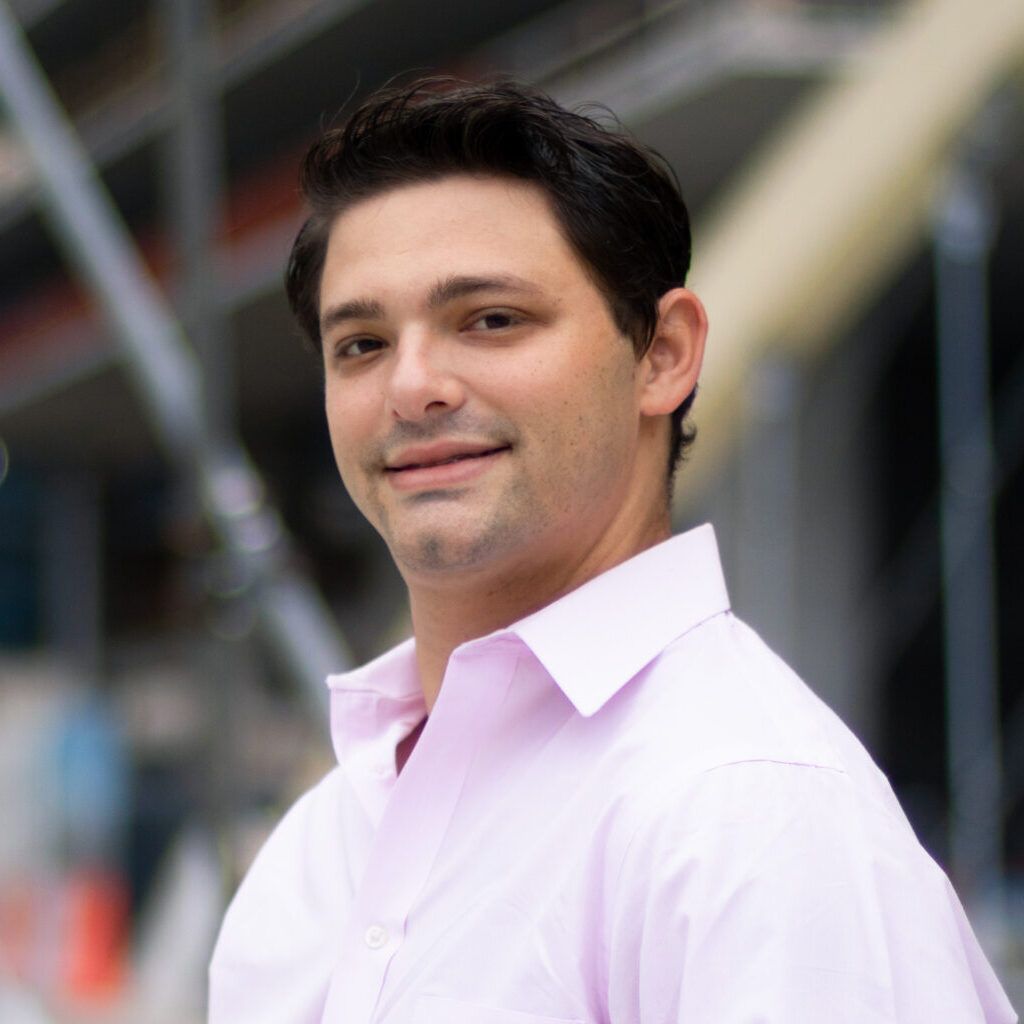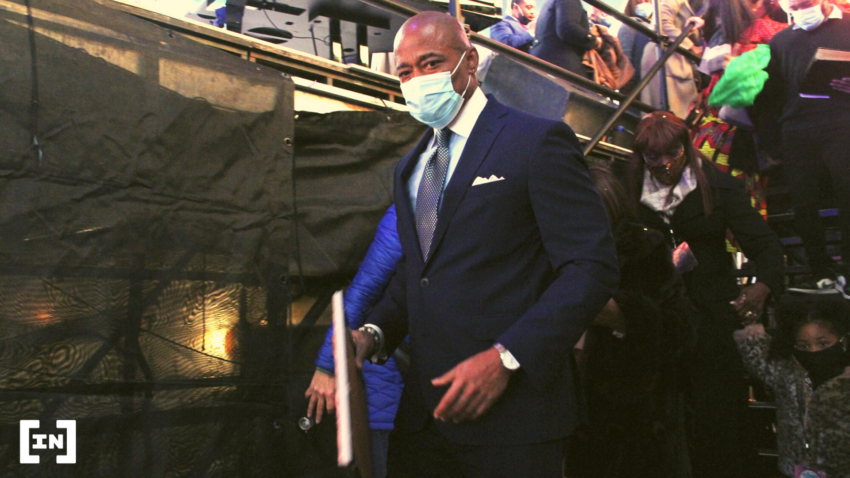On Wednesday, New York mayor Eric Adams raised concern from financial watchdogs after he suggested that New York scrap its seven-year longstanding BitLicense rule.
First established in 2014, the BitLicense regulation requires any New York-based company that is involved in “Virtual Currency Business Activity” – whether they are buying, selling, or brokering cryptocurrencies, to apply for a “BitLicense” from the State Department of Financial Services.
According to the Department, applicants are required to pay a $5,000 fee in addition to submitting a variety of documentation to obtain a BitLicense.
Adams argues that the longstanding rule stifles both economic growth and innovation. While he has continued to advocate for regulators and lawmakers to “think outside the box” when it comes to cryptocurrency, he also believes there are times, such as this, where its necessary “…to destroy the box.”
“New York State is the only state to require a license for crypto companies. That’s a high barrier, and it just makes us less competitive. We have to continue to be competitive,” Adams said during a virtual appearance at the Financial Times Crypto and Digital Assets Summit held in London.
Since taking being sworn into office in January, Adams has been a strong proponent of the digital asset sector, converting his first three City Hall paychecks into Bitcoin.
However, not everyone agrees with Adams’ “departure” from his pro-crypto stance:
“The fact that New York is the only state in the country with such a licensing requirement should be celebrated — not discouraged — because it bolsters trust in the market,” said Lee Reiners, executive director of Duke University’s Global Financial Markets Center. Reiners also emphasized the reasoning behind the licensing rule’s enactment, citing to many high-profile crypto scams where investors “lost millions of dollars.”
“I think it’s really shortsighted by the mayor to claim this regulation would somehow harm the sector, because what average person would want to invest in an asset that’s completely unsecure?”
New York’s two-year moratorium on fossil fuel power plants
Twenty-four hours prior to Adams speaking at the conference in London, New York’s State Assembly passed the bill that would now implement a two-year moratorium on the usage of fossil fuel power plants in New York for cryptocurrency mining.
The mining process as it has been utilized, has been widely scrutinized by lawmakers for its detrimental environmental effects, which has sought to undermine New York’s goal to reduce greenhouse gas emissions by 85% by 2050.
What do you think about this subject? Write to us and tell us!
Disclaimer
In adherence to the Trust Project guidelines, BeInCrypto is committed to unbiased, transparent reporting. This news article aims to provide accurate, timely information. However, readers are advised to verify facts independently and consult with a professional before making any decisions based on this content. Please note that our Terms and Conditions, Privacy Policy, and Disclaimers have been updated.

